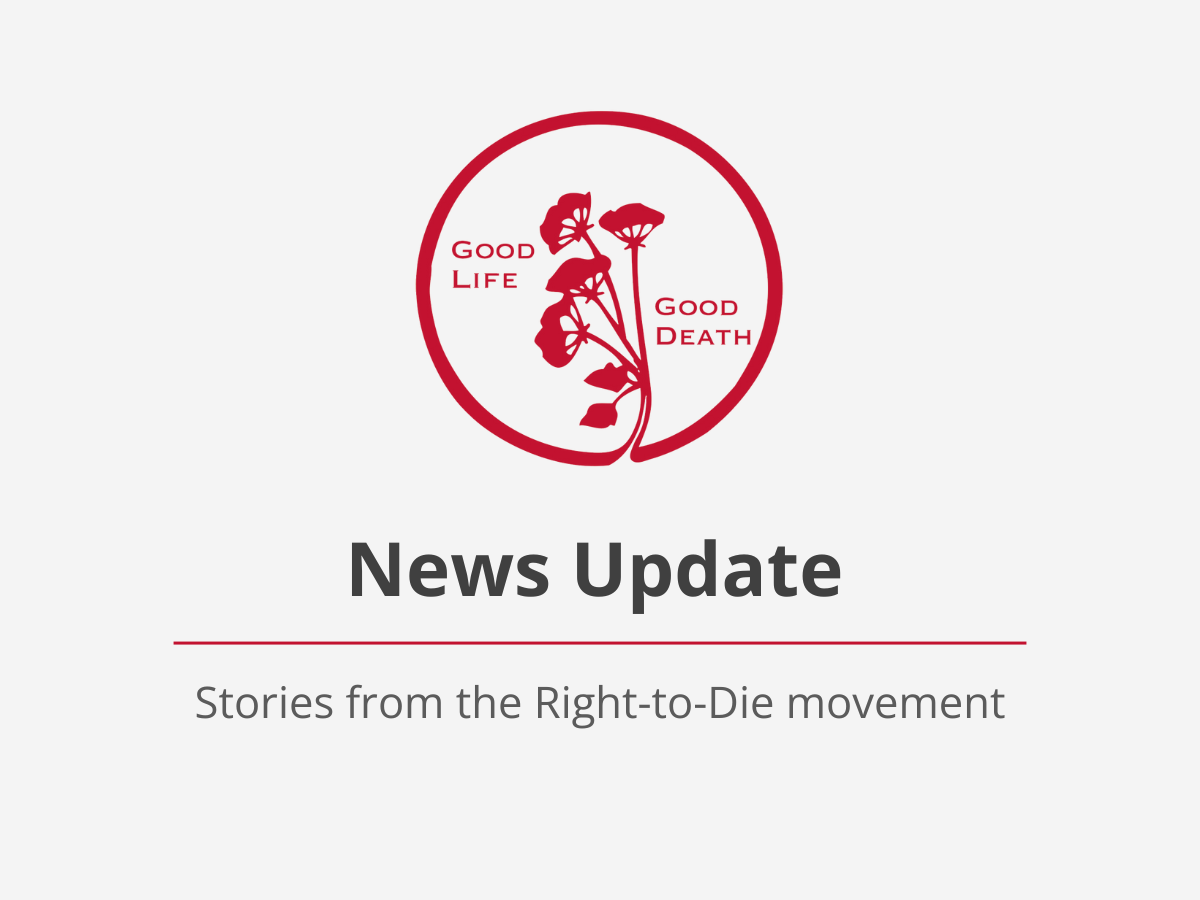Daniel Kahneman was one of the world’s most influential thinkers—a psychologist at Princeton University, winner…
Dead at noon: Gillian Bennett’s last wish was to get people talking about a taboo topic
By Denise Ryan, Vancouver Sun
Gillian Bennett’s final words on her personal website make a passionate
case for physician-assisted suicide.
On Monday morning shortly before noon, Gillian Bennett dragged a
foam mattress from her home on Bowen Island to one of her favorite
spots on the grass, facing a craggy rock cliff, the place she had
chosen to die.
Bennett, who was 85 and in the early stages of dementia, chose to
take her own life with a draught of good whiskey, a dose of Nembutal
mixed with water and her husband of 60 years by her side.
“I held her hand,” said Jonathan, a retired philosophy professor. His
voice is reflective, resonant, measured. “I agreed with her choice.”
Before the shadows of dementia began to cloak her mind, Bennett
created a website, Deadatnoon.com, to be made public after her
death, on which she makes a passionate case for physician-assisted
options for the terminally ill and elderly.
Bennett was painfully aware of the encroaching dementia. “I am
becoming a vegetable,” she wrote. “Every day I lose bits of myself, and it’s obvious that I am heading towards the state that all dementia patients eventually get to: not
knowing who I am and requiring full-time care.”
Bennett wanted to face death as she faced the challenges of her life: with intellectual curiosity, courage and grace. She did not want to be a “carcass,” physically alive but “with no one inside.”
So she decided to end her life before her mind was totally gone.
”She wouldn’t let me help her, and I didn’t wish to,” said Jonathan. “I don’t know where she got the Nembutal or the instructions; she didn’t tell me.”
Nor did she let him help her drag the mattress outside, although that final effort was physically difficult for her.
One thing her husband does know for sure: “She was absolutely not frightened. Not even slightly. She was as calm and peaceful as you could imagine.”
After she passed away, Jonathan let go of her hand and called his wife’s doctor, who came and confirmed death and notified the RCMP.
An RCMP officer interviewed Jonathan and together they waited for the coroner.
“The policeman asked me what happened and I told him. He was very good. Efficient and civilized and good,” said Jonathan.
The officer’s respectful treatment was a small comfort. He and his wife knew that if anyone assisted her, they would be breaking the law.
“Gillian and I both disliked and disapproved of the laws making it impossible to help a loved one with something as important as death.”
His brilliant, beautiful wife “who once had a thriving clinical psychotherapy practice” had made the choice she felt was morally and ethically correct.
Dementia had crept in bit by bit. Lately, Bennett became increasingly forgetful, hyperfocused on certain things, obsessing non-stop about others.
“She was failing more quickly in the last six months,” said her daughter Sara, “and she knew it.”
During lucid moments in the last two years, Bennett wrote about her decision. Vegetating for years in a hospital ”in diapers, incompetent, a financial and physical burden” was a prospect she perceived as “ludicrous and wasteful.”
“Her position wasn’t just that she didn’t want to be a burden to others,” said Jonathan. “She was also considering the kind of life she would have. It would have been hard on the rest of us and not good enough for her.”
Vancouver Sun readers respond to Gillian Bennett’s suicide
” …the conversation has been loud and clear, and strongly weighted in favour of our right to choose when and how we die if we are suffering from a debilitating or terminal illness.”


This Post Has 0 Comments